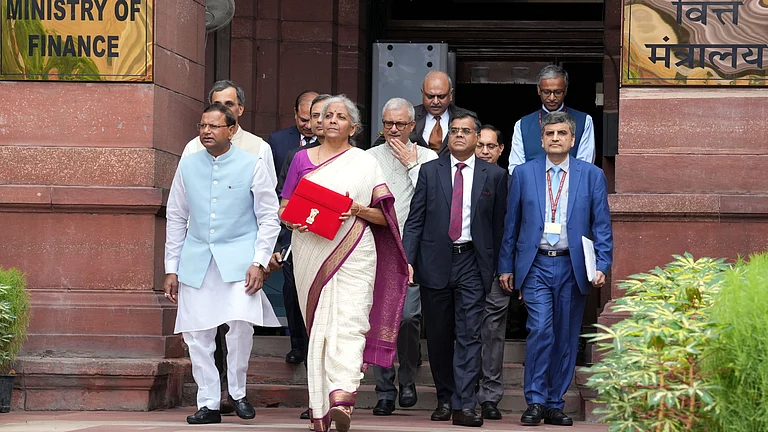Punjab and Haryana High Court upheld Chandigarh’s administrative policy to privatise electricity distribution in the union territory (UT) on Wednesday. The bench, comprising Chief Justice Sheel Nagu and Justice Anil Kshetarpal, dismissed the petitions on grounds that the power of judicial review in a policy decision is “extremely narrow”.
While dismissing the plea filed by UT Powermen Union and Federation of Sectors Welfare Association, the bench cited a Supreme Court’s decision in Balco Employees Union (Registered) versus Union of India and others (2002). “It is neither within the domain of the courts nor scope of judicial review to embark upon an inquiry as to whether a particular public policy is appropriate or whether better public policy can be evolved,” the bench said.
The move to privatise the UT power distribution services was taken by the administration in 2020 following a union government’s directive. The process to privatise, including bidding, was supposed to end by 2020. The administration in November 2020 had invited bids and in May 2021 announced that Kolkata-based industrial conglomerate RP-Sanjiv Goenka (RPSG) Group as the highest bidder.
However, the process got halted as the UT Powermen Union approached the Punjab and Haryana HC on December 1, 2020, and challenged the policy.
Why did the UT Powermen Union challenge the policy?
The union contested the policy on mainly two grounds. One is that under Section 131 of the Electricity Act, 2003, there was no provision that allowed the Chandigarh administration to sell a 100 per cent stake in the UT power supply services. Another point raised by the union was that the department was making profits and its revenue increased in the past three years, hence, there was no need to privatise.
The bench, in its recent ruling, dismissed the union’s claim that the Chandigarh administrative policy to privatise power distribution in the UT is violative of the Electricity Act, 2003. The judges also claimed that the workers won’t be adversely impacted by the policy, as ensured under Section 133 of the Electricity Act.
































